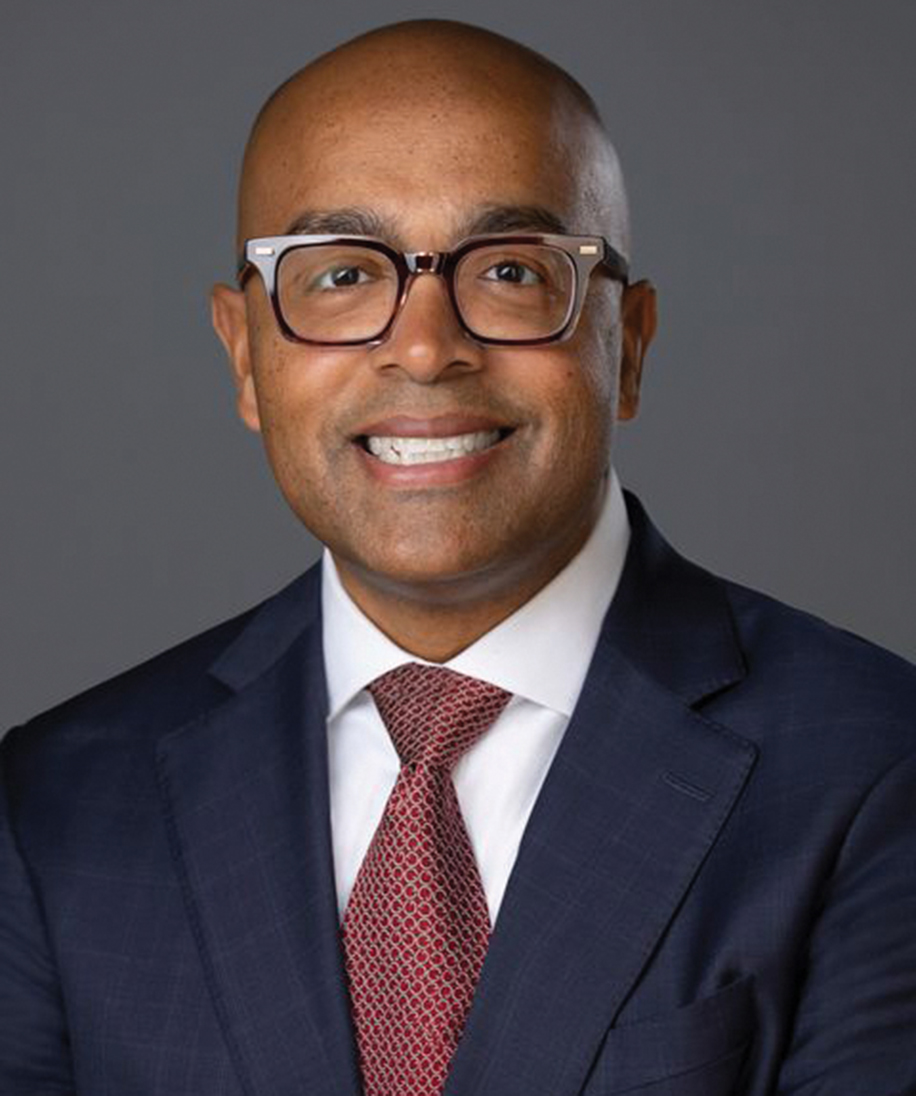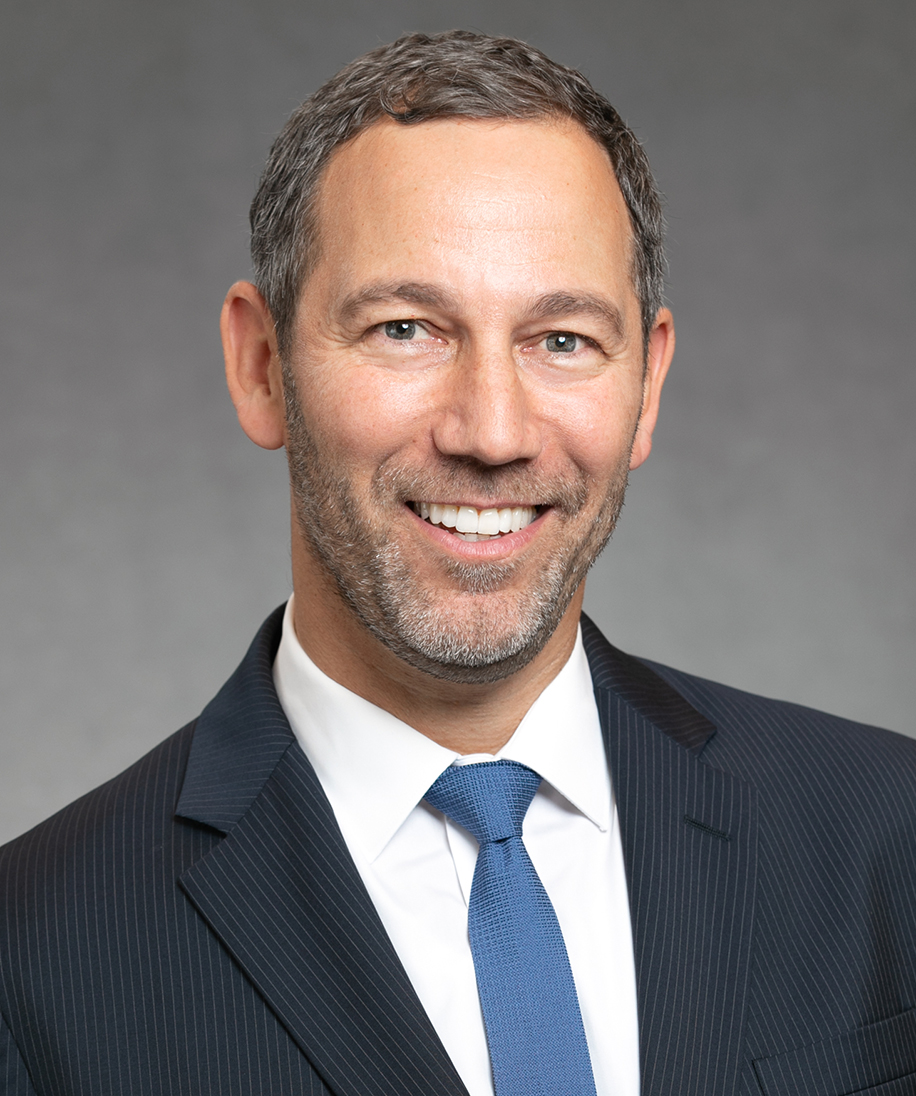Client Alert
The DOJ’s New Pilot Program Promises to Pay Whistleblowers for Uncovering Corporate Crimes
March 14, 2024
By Kwame J. Manley,Leo Tsao,Peter B. Axelrod,Jonice M. Gray,Jeremy M. Steed,
Candice C. Shang
and Natasha Nicholson Gaviria
On March 7, 2024, Deputy Attorney General (“DAG”) Lisa Monaco announced a new Department of Justice (“DOJ”) pilot program to pay whistleblower rewards (“the Program”) for individuals who report corporate misconduct.[1] As the DAG explained, “[t]he premise is simple: if an individual helps to discover significant corporate or financial misconduct—otherwise unknown to us—then the individual could qualify to receive a portion of the resulting forfeiture.” While the Program is directed at whistleblowers, the intent of the Program is clearly aimed at encouraging more companies to make voluntary self-disclosures to the DOJ. As the DAG stated for those companies considering making a voluntary self-disclosure, “knock on our door before we knock on yours.”
The DAG’s announcement did not provide many details of the new program, although she did outline some “basic guardrails” for the Program. Specifically, under the Program, the DOJ will only issue rewards: (1) “after all victims have been properly compensated”; (2) to individuals “who submit truthful information not already known to the government”; (3) to individuals who are “not involved in the criminal activity itself”; and (4) in cases where there is not “an existing financial disclosure incentive—including qui tam or another federal whistleblower program.” The DAG noted that existing whistleblower programs implemented by other federal agencies—while indispensable—do not address the full range of corporate and financial crimes prosecuted by the DOJ, and that the DOJ would use the new program “proactively” to fill in gaps in those programs.
The DAG stated that the DOJ would accept whistleblower reports on any violation of federal law, but made clear that the DOJ was most interested in three core areas: (1) criminal abuses of the U.S. financial system; (2) foreign corruption cases outside the Securities and Exchange Commission (“SEC”) jurisdiction; and (3) domestic corruption cases involving corporate payments to government officials.
On March 8, 2024, Acting Assistant Attorney General for the Criminal Division, Nicole Argentieri provided some additional details about the Program.[2] As she explained, the Criminal Division will be at the forefront of the new Program. In particular, because the authorization to pay the whistleblower rewards is tied to the DOJ’s asset forfeiture program, the Money Laundering and Asset Recovery Section (“MLARS”) was given the task of leading the “policy sprint” over the next 90 days to design the nuts and bolts of the Program. Echoing the DAG’s comments, she explained that the Program was not intended to operate in isolation; rather this DOJ-run Program would supplement other whistleblower programs, and like those programs, would set minimum thresholds to trigger rewards.
Notably, the DOJ’s new whistleblower program is only the latest step taken by the DOJ to encourage whistleblower reports, following on the heels of a significant new whistleblower pilot programs announced by the U.S. Attorney’s Offices for the Southern District of New York (which we described in an earlier client alert) and by the Northern District of California.[3]
The Potential Impact of the DOJ’s Whistleblower Program
The DAG’s announcement of the DOJ’s Whistleblower Program is undoubtedly a significant development. As the DAG noted, the Program marked the first time that the DOJ has adopted a formal targeted program to pay financial rewards for whistleblower reports. Yet, until the details of the Program are issued, there remain several important open questions that will ultimately impact the Program’s effectiveness in generating new reports.
First, unlike other whistleblower programs, it is not clear whether the Program will, or even can, offer whistleblowers anonymity. Given the DOJ’s broad discovery obligations under Brady v. Maryland[4] and related authorities, it is uncertain whether the DOJ can provide assurances to whistleblowers that it will not disclose the identity of whistleblowers who come forward. That is especially true if the whistleblower is ultimately required to testify at any trial. A lack of anonymity may limit any incentive for whistleblowers to report directly to the DOJ.
Second, the new DOJ Program has restricted rewards only to individuals who were “not involved” in the criminal activity itself. This is a departure from the False Claims Act and the SEC’s and the Commodity Futures Trading Commission’s whistleblower programs, which only prohibit paying rewards to those who are “convicted” of criminal conduct. It is not yet known how the DOJ will define what it means to be “not involved” in criminal conduct. For example, under the Criminal Division’s Clawback Pilot Program, the DOJ expects clawbacks from not only employees who violated the law, but also employees who “had supervisory authority over the employee(s) or business area engaged in the misconduct” and “knew of, or were willfully blind to, the misconduct.” An overly broad definition of what it means to be “involved” in the underlying criminal activity could severely limit the population of qualifying whistleblowers.
Third, by statute, the DOJ’s authority to pay whistleblower rewards is limited to “information or assistance leading to a civil or criminal forfeiture.”[5] This is significant because, historically, most corporate resolutions involve the payment of criminal fines rather than forfeiture.[6] Thus, for example, if a whistleblower report resulted in a Foreign Corrupt Practices Act resolution with a $100 million fine, but no forfeiture, the whistleblower would not be eligible for a reward under the new DOJ Program. It remains to be seen whether the DOJ will change how it assesses criminal penalties to include more forfeitures, and thereby allow the payment of more whistleblower rewards.
Financial Institutions Are a Focus
Notwithstanding these open questions, financial institutions should pay particular attention to the new Program. First, like SDNY’s new program, the DOJ announced that one major focus of its new Whistleblower Program is “[c]riminal abuses of the financial system.” It is notable that MLARS—which is leading the process to design the new Program—also houses the Bank Integrity Unit, which focuses on investigating violations of U.S. sanctions and the Bank Secrecy Act by financial institutions and executives, and recently increased the number of prosecutors in the unit by 40 percent.[7]
Second, and more important, because the DOJ historically already uses criminal or civil forfeiture as the penalty for financial institution resolutions, these cases are already eligible for paying whistleblower rewards under the new Program. In such cases, the DOJ has aggressively used its broad legal authority to forfeit “[a]ny property, real or personal, involved in a transaction or attempted transaction in violation of [the money laundering laws], or any property traceable to such property.”[8] Indeed, the most recent DOJ resolutions against financial institutions for violations of economic sanctions, the Bank Secrecy Act, and related laws have involved forfeitures, totaling billions of dollars.
Thus, at least in the short term, the potential impact of the DOJ’s new Whistleblower Program will most likely be felt by financial institutions and other companies in the financial sector.
Takeaways
- Companies should evaluate whether their compliance programs include effective measures to identify potential misconduct, including ongoing monitoring and reporting.
- Companies should ensure that they appropriately foster a speak up culture, and have clear and accessible communication channels for employees to report misconduct easily and anonymously.
- Companies should also evaluate the robustness of their internal reporting and investigating processes—including timely follow-up on all complaints—to promote employee reliance on the company’s own internal mechanisms.
- Companies should continue to carefully evaluate whether voluntary self-disclosure is appropriate given the increased risk of whistleblower reports.
[1] Lisa Monaco, U.S. Dep’t of Just., Deputy Attorney General Lisa Monaco Delivers Keynote Remarks at the American Bar Association’s 39th National Institute on White Collar Crime (Mar. 7, 2024), https://www.justice.gov/opa/speech/deputy-attorney-general-lisa-monaco-delivers-keynote-remarks-american-bar-associations.
[2] Nicole M. Argentieri, U.S. Dep’t of Just., Acting Assistant Attorney General Nicole M. Argentieri Delivers Keynote Speech at the American Bar Association’s 39th National Institute on White Collar Crime (Mar. 8, 2024), https://www.justice.gov/opa/speech/acting-assistant-attorney-general-nicole-m-argentieri-delivers-keynote-speech-american.
[3] See SDNY Whistleblower Pilot Program, U.S. Atty’s Off., S. Dist. of N.Y. (Jan. 10, 2024), https://www.justice.gov/d9/2024-01/sdny_wbp_1.9.24.pdf; see also our Client Alert, “SDNY’s New Policy on Self-Disclosures for Individuals May Be a Game Changer,” dated Jan. 18, 2024, available at https://www.paulhastings.com/insights/client-alerts/sdnys-new-policy-on-self-disclosures-for-individuals-may-be-a-game-changer.
[4] Brady v. Maryland, 373 U.S. 83 (1963).
[5] 28 U.S.C. § 524(c)(1)(C).
[6] For a comprehensive summary on the use of forfeiture in corporate criminal resolutions, see Leo Tsao, Daniel Kahn, & Eugene Soltes, Corporate Criminal Investigations and Prosecutions 301 (1st ed. 2022).
[7] Marshall Miller, U.S. Dep’t of Just., Principal Associate Deputy Attorney General Marshall Miller Delivers Remarks at the New York City Bar Association’s International White Collar Crime Symposium (Nov. 28, 2023), https://www.justice.gov/opa/speech/principal-associate-deputy-attorney-general-marshall-miller-delivers-remarks-new-york.
[8] 18 U.S.C. § 981(a)(1)(A) (civil forfeiture); 18 U.S.C. § 982(a)(1)(A) (criminal forfeiture).
Contributors




